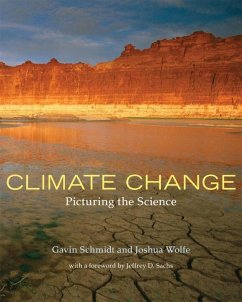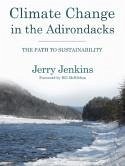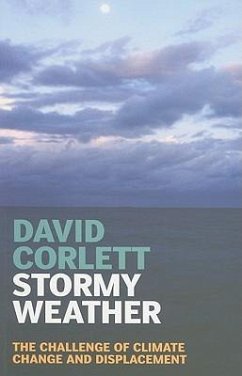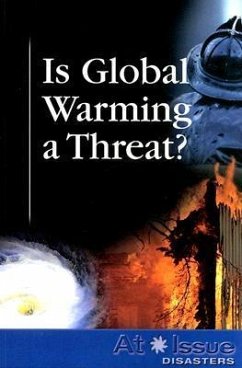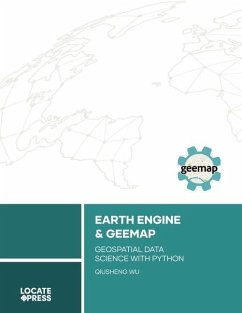Nicht lieferbar
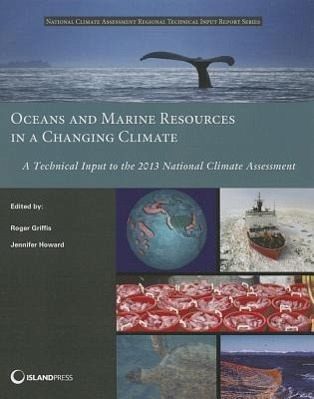
Oceans and Marine Resources in a Changing Climate
A Technical Input to the 2013 National Climate Assessment
Herausgeber: Griffis, Roger; Howard, Jennifer
Versandkostenfrei!
Nicht lieferbar
Prepared for the 2013 National Climate Assessment and a landmark study in terms of its breadth and depth of coverage, Oceans and Marine Resources in a Changing Climate is the result of a collaboration among numerous local, state, federal, and nongovernmental agencies to develop a comprehensive, state of the art look at the effects of climate change on the oceans and marine ecosystems under U.S. jurisdiction. This book provides an assessment of scientific knowledge of the current and projected impacts of climate change and ocean acidification on the physical, chemical, and biological components...
Prepared for the 2013 National Climate Assessment and a landmark study in terms of its breadth and depth of coverage, Oceans and Marine Resources in a Changing Climate is the result of a collaboration among numerous local, state, federal, and nongovernmental agencies to develop a comprehensive, state of the art look at the effects of climate change on the oceans and marine ecosystems under U.S. jurisdiction. This book provides an assessment of scientific knowledge of the current and projected impacts of climate change and ocean acidification on the physical, chemical, and biological components and human uses of marine ecosystems under U.S. jurisdiction. It also provides assessment of the international implications for the U.S. due to climate impacts on ocean ecosystems and of efforts to prepare for and adapt to climate and acidification impacts on ocean ecosystem, including - Climate-Driven Physical and Chemical Changes in Marine Ecosystems - Impacts of Climate Change on Marine Organisms - Impacts of Climate Change on Human Uses of the Ocean - International Implications of Climate Change - Ocean Management Challenges, Adaptation Approaches, and Opportunities in a Changing Climate - Sustaining the Assessment of Climate Impacts on Oceans and Marine Resources Rich in science and case studies, it examines the latest climate change impacts, scenarios, vulnerabilities, and adaptive capacity and offers decision makers and stakeholders a substantial basis from which to make informed choices that will affect the well-being of the region's inhabitants in the decades to come.




